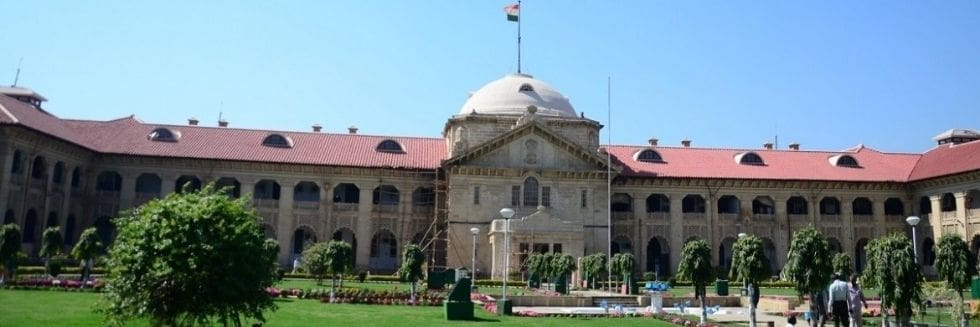The Madhya Pradesh High Court has ruled that a husband cannot face prosecution under Section 377 IPC (Unnatural Offence) due to the provisions of Section 375 IPC (Rape), which excludes marital sex and encompasses all forms of penile penetration. The court has further stated that any sexual activity between spouses, other than what is considered natural intercourse, cannot be categorized as ‘unnatural.’
Justice Sanjay Dwivedi’s bench made this remark while dismissing an FIR filed by a Member of the MP State Legislative Assembly’s wife, which included allegations of committing an unnatural offence under Section 377 of the IPC.
The Court expressed the view that since Section 375 IPC (as modified by the 2013 Amendment Act) encompasses all conceivable forms of penile penetration by a husband into his wife, and consent for such an act is not a determining factor, there is no room for the application of Section 377 IPC when it comes to sexual activities between a husband and wife.
In this context, the Court, examining the definition of ‘rape’ under Section 375, observed that this provision encompasses penetration of the penis into specific body parts, namely the vagina, urethra, or anus of a woman. Given that consent is not a prerequisite in sexual acts between a husband and wife, the Court concluded that no case of unnatural offence can be established in such situations.
Crucially, the Court emphasized that the marital relationship between a husband and wife should not be limited solely to their sexual connection for procreation. Therefore, any actions between them, aside from what is considered natural sexual intercourse, cannot be classified as ‘unnatural.’
“If sexual intercourse for procreation via penile-vaginal penetrative intercourse is considered to be natural sex and sexual relations of husband and wife is confined to that extent then in case if any husband or wife is not capable of procreation, then seemingly their relationship would become useless, but it does not happen. The conjugal relationship between husband and wife includes love that has intimacy, compassion and sacrifice, although it is difficult to understand the emotions of husband and wife who share intimate bond, but sexual pleasure is an integral part of their relentless bonding with each other,” the bench stated.
“Normally, sexual relationship between the husband and wife is the key to a happy connubial life and that cannot be restricted to the extent of sheer procreation,” the bench stated.
“If anything raises their longing towards each other giving them pleasure and ascends their pleasure then it is nothing uncustomary and it can also not be considered to be unnatural that too when Section 375 IPC includes all possible parts of penetration of penis by a husband to his wife,” Justice Dwivedi stated.
He added, “Ergo, in my opinion, no barrier can be put in the alpha and omega of sexual relationship between the husband and his wife.”
Case Background
The Court was primarily addressing a quashing petition submitted by a former Madhya Pradesh minister and incumbent Congress MLA. He was accused by his wife of engaging in unnatural sexual acts.
He argued that the allegations of committing an unnatural offence were unfounded because these sexual actions occurred within the context of their marital relationship.
Taking into account the broader circumstances of the case under consideration, the Court noted that both the applicant and the victim held political positions within the same political party. They had a longstanding history of acquaintance and the victim had entered into a marital union with the accused. However, as their relationship deteriorated, both parties filed complaints against each other.
Furthermore, the Court observed that subsequent to their marriage, the couple visited numerous locations and experienced their honeymoon period. Consequently, the actions of the accused were not deemed retaliatory or intended to commit an offence punishable under Sections 376(2)(n) and Section 377 of the IPC.
Concerning the dowry allegations, the Court pointed out that there were no substantial claims made regarding the demand for dowry. At most, the victim’s wife could have registered an offence under the Domestic Violence Act, and even then, it should have been done promptly after the commission of such an offence.
Regarding the other offences specified under Sections 294 and 506 of the IPC, the Court observed that there were no specific details provided regarding the date, location, or time of these incidents. Consequently, the Court concluded that the complaint amounted to a malicious prosecution initiated by the victim-wife, given the ongoing disputes between the husband and wife.






